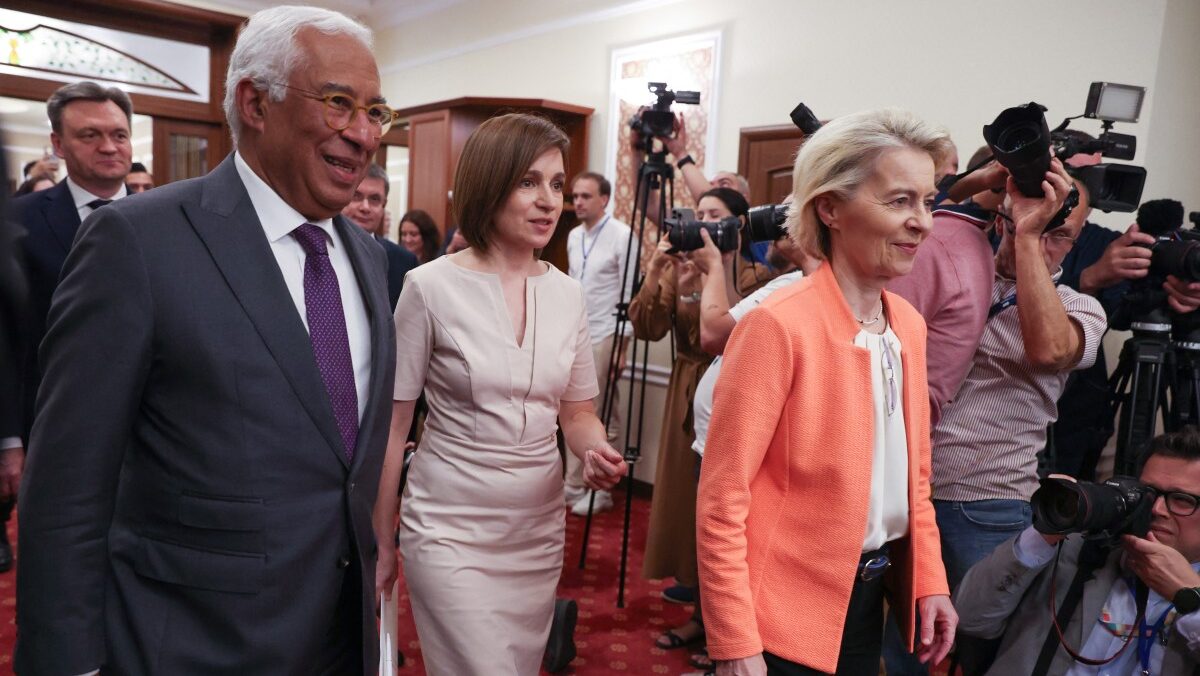Moldova’s Central Election Commission (CEC) has denied registration to the opposition bloc Victory/Pobeda for the September parliamentary elections. The decision was announced during a meeting broadcast by the CEC’s press service.
“Reject the registration request of the electoral bloc ‘Victory,’ submitted to the CEC on July 14,” declared Pavel Postiké, Deputy Chairman of the CEC, while presenting the resolution. He also reported allegations linking the bloc to Russia.
Among the nine CEC members, six voted against the registration, and three abstained. The Victory alliance comprises the parties Revival, Chance, Victoria, and Power of Alternative and Salvation of Moldova.
The bloc intends to contest the CEC’s decision. Parliamentary deputy Vasily Bolya, speaking for Victory, told journalists, “We believe this decision is politically motivated and will challenge it in court.”
The decision follows closely on the heels of the European Council’s Tuesday, July 15th, blacklisting of the Victory bloc and two other organizations for “actions aimed at destabilising, undermining or threatening the sovereignty and independence as well as democracy, the rule of law, and stability of the Republic of Moldova.” The Council also imposed personal sanctions on seven opposition figures.
Victory is a Euroskeptic Russophile coalition founded in the spring of 2024 by Ilan Shor, a Moldovan-Israeli businessman living in exile in Russia after being convicted in absentia in 2017 for his role in a $1 billion bank fraud involving three banks (including Moldova’s Savings Bank, where he was chairman). The European Union blacklisted Shor in April 2023.
Shor claims the accusations are politically motivated to neutralize him as a pro-Russian opposition figure. He denies the bank fraud charges, claiming they lack evidence and were orchestrated by Moldova’s pro-EU government to silence dissent.
Moldova is a deeply divided country politically, with Europhile incumbent president Maia Sandu narrowly winning re-election in November 2024 amid claims that nearly 500,000 Moldovans in Russia were disenfranchised. The Council of Europe, ahead of the election, warned about “mounting geopolitical pressures—specifically Kremlin-backed disinformation, illicit financing, and alleged vote-buying” while international election observers from OSCE (the Organization for Security and Co-operation in Europe) noted the election was well-managed despite ongoing foreign interference and vote-buying investigations as well as unbalanced media coverage favoring the incumbent.
Since taking office in 2020, Sandu has pushed for EU and NATO membership, but her agenda has faced growing domestic opposition amid economic struggles and a clampdown on dissent. A referendum on EU accession last October gave the pro-EU vote a slight advantage.
Moldova, EU membership referendum:
99.5% counted
Against: 50%
In favour: 50%
➤ https://t.co/gxBwuJxOy7 pic.twitter.com/5am7MExPPw
— Europe Elects (@EuropeElects) October 21, 2024
The EU formally opened accession negotiations with the country in late June of this year and, of course, has a vested interest in an incoming parliament being supportive of that effort. To support Moldova’s EU integration, on July 5th, Commission President Ursula von der Leyen and President of the European Council Antony Costa pledged up to €1.9 billion in funding for 2025–2027 under the new Moldova Growth Plan—the largest EU aid package to Moldova since its independence, following seven earlier support measures via the European Peace Facility.
